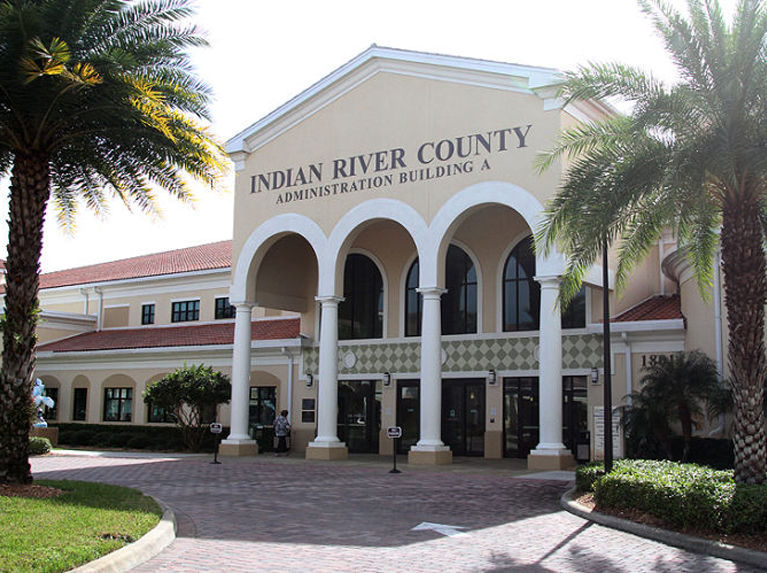
INDIAN RIVER COUNTY — The Board of County Commissioners last week approved spending $734,000 next year to promote tourism – money collected via the local-option tourist tax or “bed tax” – but less than one-third of that money is actually budgeted for advertising Indian River County as a tourist destination.
The total available is up 9.4 percent largely due to a banner year for the island’s hotels, but that did not translate into a marked increase in funds for more ad buys in northern states and Canada, or in the driving-distance market around Florida.
According to documents in the public record obtained from the Indian River County Office of Management and Budget, most of the funds go to pay operating costs, including salaries and health benefits, for employees of the Indian River County Chamber of Commerce, the Treasure Coast Sports Commission, the Vero Heritage Center and Citrus Museum and other agencies.
The biggest chunk of bed tax dollars, $433,000, will go to the Indian River and Sebastian River Area chambers, which apply jointly for funds.
Among the salaries funded by the bed tax are the Indian River Chamber’s five tourism-related employees, including $62,842 plus benefits for the Tourism Director, $29,120 plus benefits for a Tourism Coordinator, $18,968 for a receptionist and $4,562 for other “assistance for tourism.”
The Chamber will also use the bed tax money to pay for a variety of overhead items, including insurance, office supplies, membership dues and even auditing fees.
“The Chamber maintains a program reinforcing our county’s reputation as a destination that provides visitors with a quality experience,” the grant request states.
The Sebastian River Area Chamber uses its portion of the funds to pay a part-time Tourism Director $12,970 and a full-time Tourism Assistant/Receptionist $30,000 plus benefits.
Vero Heritage Inc. has a total of seven employees, and its grant of $12,000 helps pay a portion of the costs for two of those people.
The St. Lucie-based Treasure Coast Sports Commission, which the Indian River Chamber lists as a “partner,” is tasked with marketing Indian River County to athletic teams and event organizers and bringing tournaments and training teams to the area.
The organization uses about $63,000 of its $163,000 grant for salaries, benefits and overhead, including a portion of its executive director’s $75,000 annual salary, with $90,000 budgeted for expenses related to submitting bids for major athletic events to come to facilities in Indian River County and the rest of the Treasure Coast.
On the opposite end of the spectrum from the big agencies with high overhead, the $20,000 the taxpayers give to the Indian River County Historical Society and the $60,000 given to the Cultural Council of Indian River County is spent on purchasing or producing specific items, products or events related to tourism.
Both of those organizations leverage their grant dollars by using almost entirely volunteer labor.
A one-time grant of $25,000 this coming year to the Sebastian River Area Chamber will go not for overhead, but to directly to equip its new Pelican Porch Visitors’ Center with interactive, static and video displays, which the agency expects to enhance visitors’ access to information about places to go, things to do, places to eat, stay and shop.
More than two-thirds of the bed tax money gleaned from hotel and motel stays is collected within the city limits of Vero Beach, much of it from the luxury oceanfront hotels on the barrier island.
Yet the Chamber states in its proposal that “no area, venue or specific community within the County is promoted over another.”
This has long been a sore spot with Vero Beach officials. City Manager Jim O’Connor, Vice-Mayor Jay Kramer and former Vice-Mayor Tracy Carrol, have over the past four years tried unsuccessfully to get some of the bed tax money to shore up Vero’s eroding beaches, but since much of the money is used for recurring personnel expenses, re-allocating that cash for beach sand could mean one or more people losing their jobs.
The Board of County Commissioners, with assistance from the Tourist Development Council, decides how the bed tax money is allocated. The board voted with no discussion to approve the TDC’s recommendations for funding the agencies’ requests.



